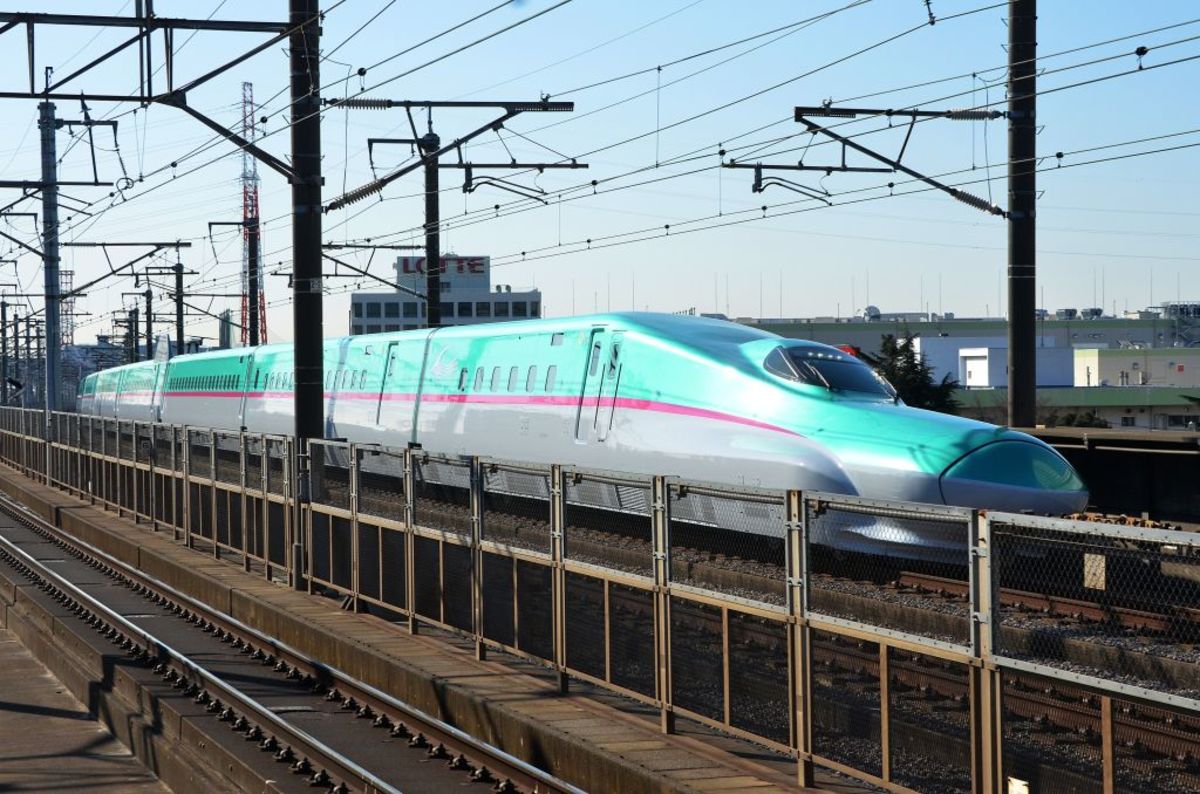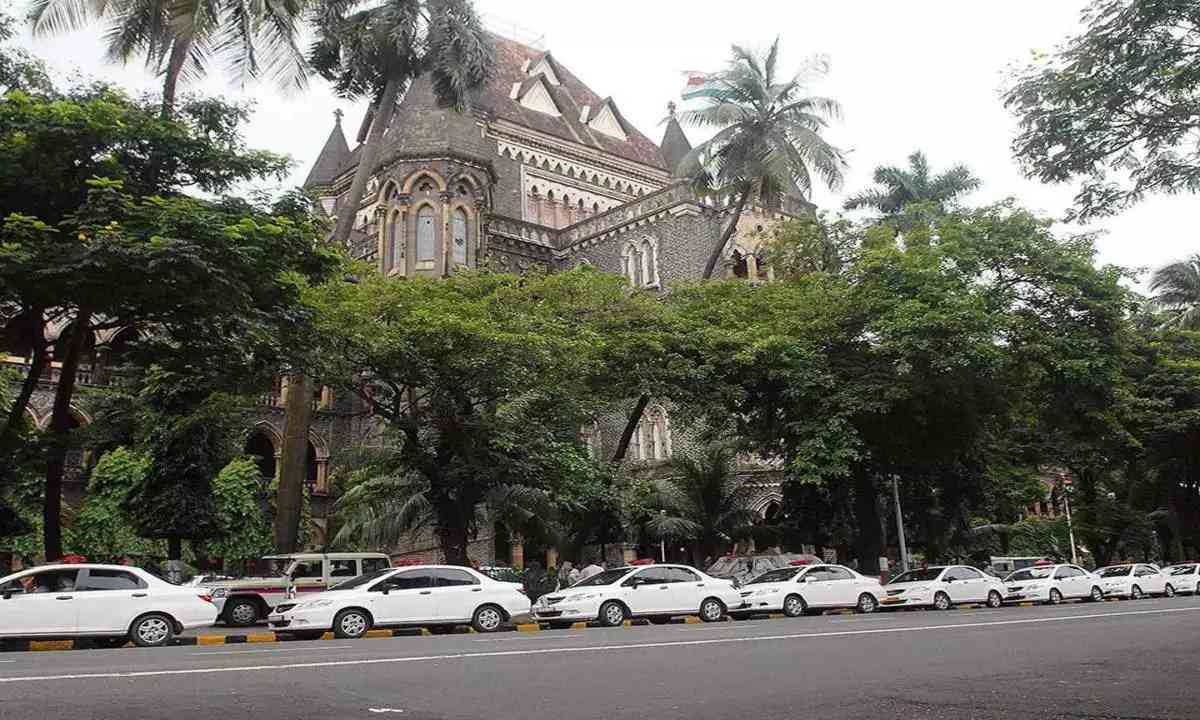The number of trees to be cut decreased from over 50,000 to around 22,000, according to NHRSCL, which testified in court.
When the HC approves tree-felling, NHSRCL further asserts that the project has all the necessary authorization from statutory authorities.
An NGO had already informed the court that no EIA had been done to evaluate the effects of tree cutting.
The Bombay High Court approved the National High-Speed Rail Corporation's (NHSRCL) plea to cut down 21,997 mangrove trees in Mumbai, Palghar, and Thane to make way for the Mumbai-Ahmedabad bullet train project on Friday, subject to a few stipulations.
For the 508-kilometer project between Mumbai and Ahmedabad, NHSRCL submitted a petition in 2020, asking for authorization to cut down some 53,000 mangrove trees. The NHSRCL, however, was directed by the HC to remove 21,997 fewer mangroves than originally anticipated.
The court ruled that NHSRCL must completely abide by all criteria spelled forth in the project approvals and in its guarantees to the court. The intervening NGO Bombay Environmental Action Group asked it to stop the implementation of its order, but it refused (BEAG).
Bullet Train Project between Mumbai and Ahmedabad
The Mumbai-Ahmedabad High-Speed Rail Corridor (MAHSR), often known as the Mumbai-Ahmedabad HSR, was approved by Prime Minister Narendra Modi in May 2014. Due to land clearance concerns and Covid-19, the development, which was scheduled to start in 2020, was delayed. However, the project is now moving quickly because 98% of the property has already been secured, according to The Indian Express.

When finished, it will be the country's first high-speed rail route. Many people have expressed their worries about ecosystem harm caused by construction despite NHSRCL's assurances that it has obediently reduced the number of trees and committed to planting five times as many trees to maintain the environment.
An NGO named BEAG opposed the petition on the grounds that NHSRCL had not examined the chance that saplings planted as compensation would survive and had not provided any Environmental Impact Assessment information about the removal of trees.
In response to the NGO's concerns, the NHSRCL asserted that it had obtained the necessary permissions for the project's tree removal and would make up for any losses by planting saplings as instructed. The legal barriers were removed with this HC decision, nonetheless.
A large number of journalists and environmental activists have also been posting comments on Twitter.
It is anticipated that the 508-km high-speed rail link between Mumbai and Ahmedabad would cut travel time in half, from six and a half to two and a half hours. The project is anticipated to move forward in the near future now that there are no ongoing legal disputes.
© Vygr Media Private Limited 2022. All Rights Reserved.























